A casual newcomer to feral fandom stan, no matter where you stand on the weeb scale, you have at least heard of Neon Genesis Evangelion. It’s a rite of passage for most Otakus to get serious about their anime watching. And most fans love it. Despite it being a franchise from the 90s, Neon Genesis Evangelion has been this cult classic with very little that comes close to it. But I always questioned why that is, considering how disturbing the actual subject matter is. It’s frankly depressing.
Evangelion isn’t your typical ‘Chosen One’ story; there’s no feel-good moment where the story ties itself up in a neat little bow. However, the reason why it’s so depressing and visceral is that the plot itself dives into pretty heavy themes and because of its writer and mindset while creating the iconic mecha anime. There’s just no easy way to say this; the show reflects a very bloody and dark thought process. But that’s very on brand for its popularity as a controversial title.
Often both mangakas and writers of various anime and manga insert their ideologies and life experiences to create a story that is more authentic and rawer. This is not something new. When you create something, you automatically put a little piece of yourself in it. And for something like Evangelion, it is very clear to see that the troubled subject matter has a poignance to it that is far too real to be purely fictional.
No, that doesn’t mean that giant mech robots are real (sadly.) and evil fathers push their kids into secret programs that can risk their life. But the themes, and the plot for the anime, explore a narrative that is both abstract and yet, extremely familiar. Though it is saddening and heartbreaking where the story ends up going, it’s something very relatable as well. Shinji might not be the most popular of protagonists, but his struggles are something worth looking into. So, let’s discuss Evangelion, depression, and why it all came to be.
Table of Contents
Neon Genesis Evangelion: Spiritual Monsters Behind Shiny Robots
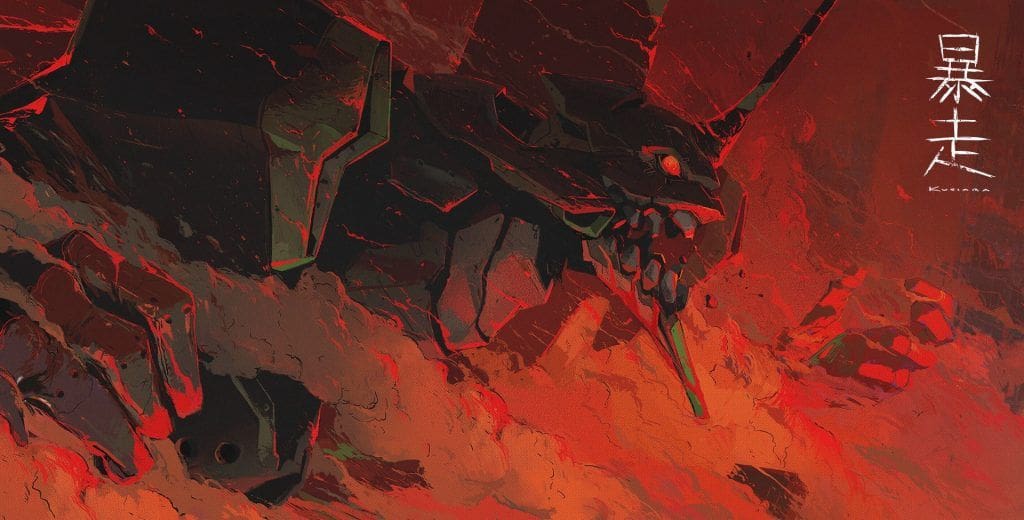
I’m not saying that all mecha anime that came before Evangelion were just toy advertisements. But, honestly, most of them were. It’s widely accepted that Mobile Suit Gundam itself was created to sell model kits, and there’s nothing wrong with that.
This is why Evangelion was considered such a novelty for its time. Its dark subject matter aside, the story was genuinely heartfelt. Instead of hyping up the cool robots, it focused on the characters piloting them and the events that led children to be involved in a war.
The premise was memorable. Gendo Ikari, a part of the Nerv Faction, recruits his son, Shinji Ikari, to man a bioweapon known as Evangelion, to fight against the ‘Angels’. And yet, it ended up being anything but. The anime is often said to have taken a lot of inspiration from philosophical and psychological issues, and for a good reason.
There’s the religious aspect of it all, with heavy Judeo-Christian imagery. For example, the Angels, who’s coming, was rumored to be foreshadowed in the Dead Sea Scrolls in the anime’s lore. And the constant placement of different symbols throughout the show, like the cross-shaped explosion after the third Angel was destroyed and the constant references to Adam, Eve, and Lilith when discussing the three-front runners of the show.
Hideaki Anno: Of Obsessions And Depression
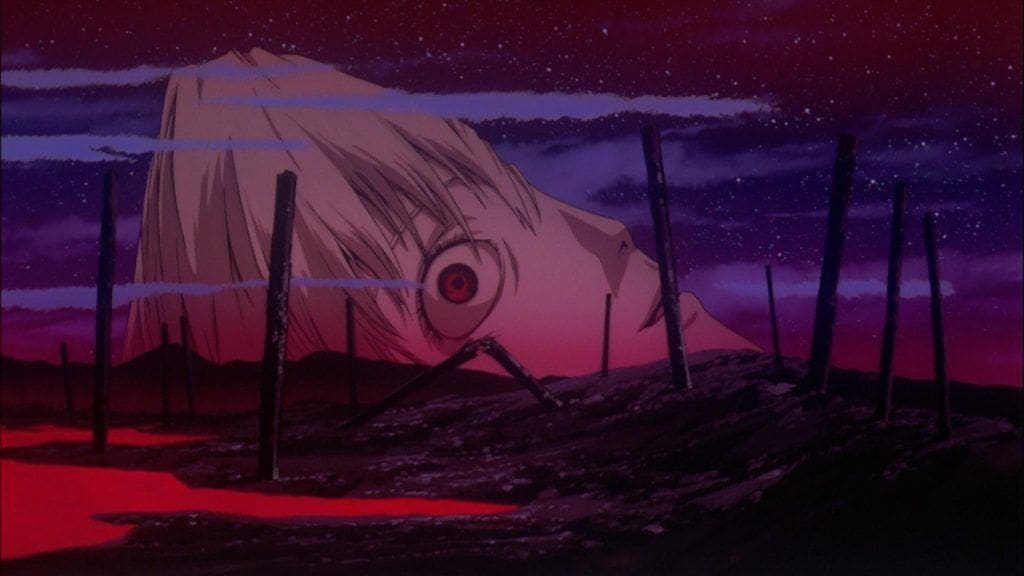
It’s widely known that Evangelion is a thought piece by its writer, Hideaki Anno, on their struggles with both their psychological issues and the struggles they had throughout their adult life. During the creation of the show, he became very interested in mental health and spirituality. This is what made the anime so self-reflective of Anno’s battle with depression, with each character manifesting a different psychological disorder.
He has since stated that Rei Ayanami is schizophrenic, symbolic of Shinji’s unconscious. Many of Shinji’s actions going forward have direct analogies to the works of Sigmund Freud. This includes his introduction to Unit 0-1, a sort of Freudian ‘return to the mother’ instance, which was closely followed by his later struggles to be independent of the Evangelion, a rite of passage into manhood.
Anno hasn’t hidden his mental health issues; he has always been open about how much Evangelion is a direct manifestation of his depression that developed during a slump before its creation.
The Ending That Contradicted The Plot:
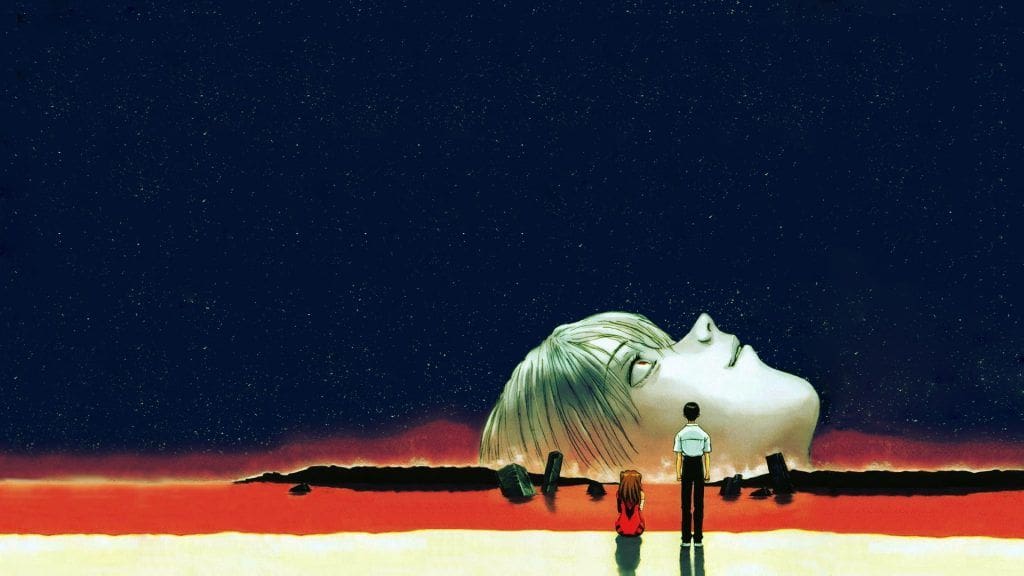
For something as dark and dreary as Evangelion was, the open-ended conclusion to Shinji’s story raised more than a few eyebrows.
The show became bleaker during the halfway point as his depression got deeper. However, Anno began to put more of what he was feeling into the plot itself. This culminated in the hopeful ending of facing your fears and moving on much like Anno himself desired, reigniting his passion for animation.
It’s this motivation that inspired the now infamous scene of Shinji going “I mustn’t run away“. A direct callout to Anno’s drive to succeed.

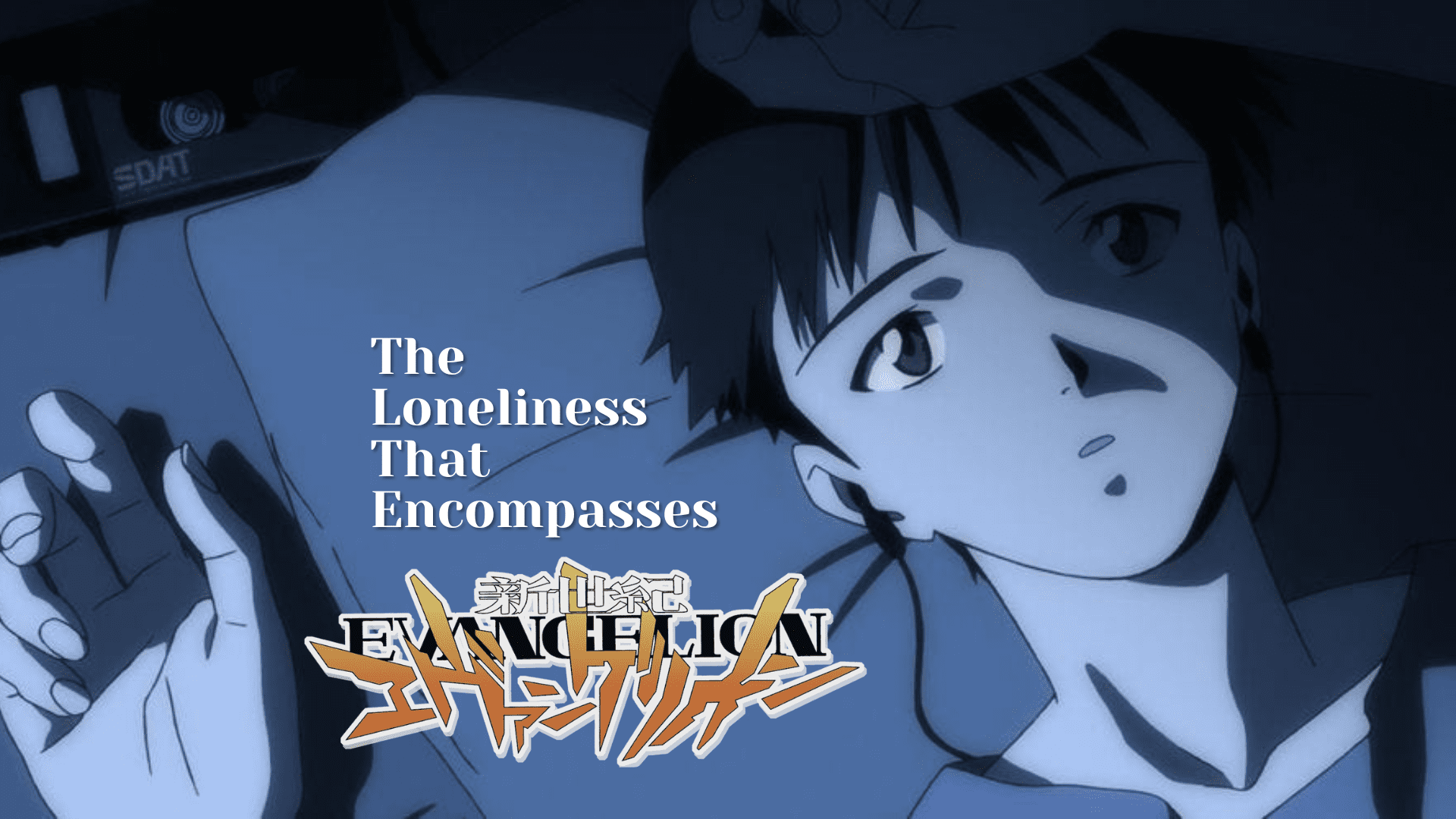










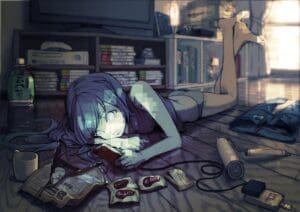
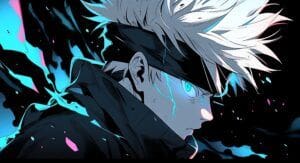
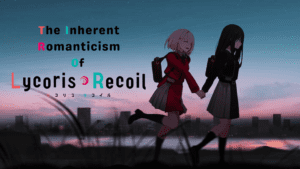
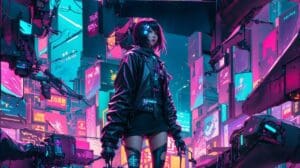

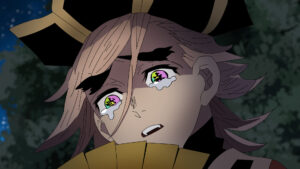
What do you think?
It is nice to know your opinion. Leave a comment.